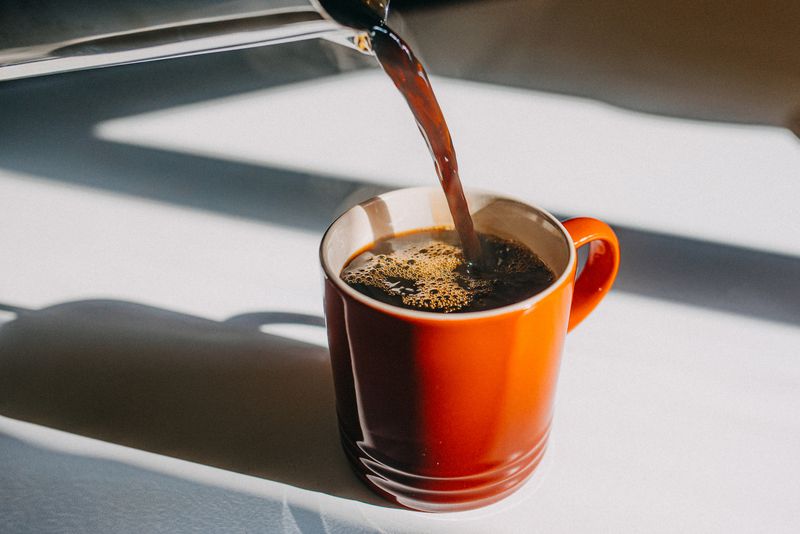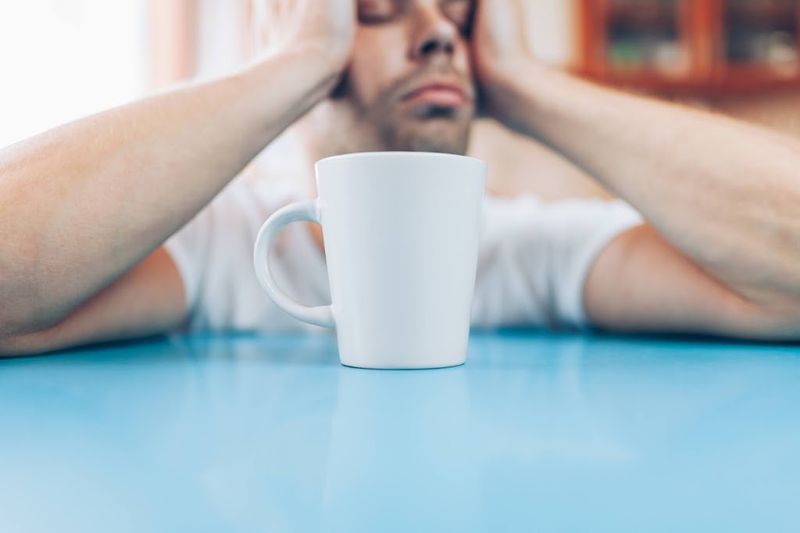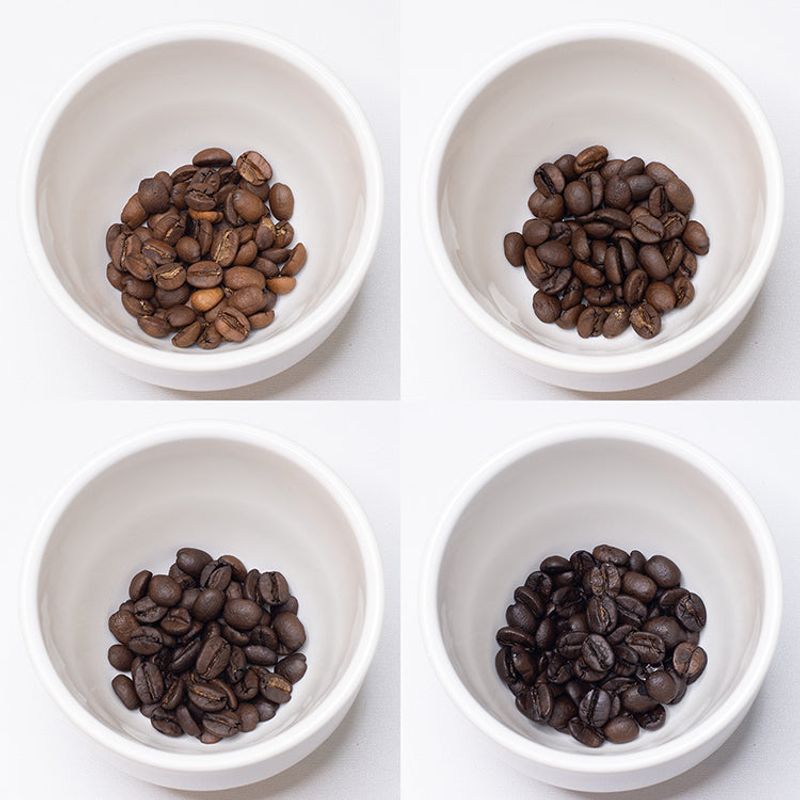Coffee: it’s the magical brew that powers early mornings, awkward first dates, long study sessions, and sleepy commutes. For many of us, it’s more than a drink—it’s a daily ritual, a lifeline, a warm hug in a cup.
But for all the love it gets, coffee is also one of the most misunderstood beverages out there. Over the years, myths have brewed around it faster than a fresh pot at your local café. You’ve probably heard some of them.
“Coffee stunts your growth.” “It’ll dehydrate you.” “It’s terrible for your heart.”
These claims have been repeated so often they’ve taken on a life of their own, passed down like cautionary tales from one generation of coffee drinkers to the next.
But here’s the thing—science has stepped in, and it turns out that many of these so-called facts are nothing more than overcaffeinated fiction.
Thanks to decades of research and some serious bean-based studies, we now know that coffee is not the villain it was once made out to be. In fact, it may even be doing your body more good than harm—when consumed in moderation, of course.
So, whether you’re a two-cups-before-noon kind of person or someone who drinks espresso like water, it’s time to clear the air (and the filter) once and for all.
Let’s separate the myths from the mocha and dive into what science really says about your favorite cup of joe. You might be surprised at what’s been hiding behind the steam.
1. Myth: Coffee stunts your growth

Many might recall hearing that coffee can stunt your growth, especially during those growing years. This myth likely originated from early studies that linked caffeine to reduced calcium absorption.
However, recent research shows that the amount of calcium lost due to caffeine is minimal and can easily be compensated by a balanced diet.
Moreover, growth is primarily determined by genetics and overall nutrition rather than coffee consumption. So, you can enjoy your morning cup without worrying about your height.
In fact, coffee is now known for its numerous health benefits, such as improving cognitive function and providing essential antioxidants.
Summing it up, there’s no scientific evidence supporting the idea that coffee halts growth. So, sip on and relish each flavorful drop, knowing it’s not affecting your stature.
2. Myth: Coffee dehydrates you

Caffeine, a natural diuretic, led many to believe that coffee causes dehydration. However, the water content in a cup of coffee generally offsets the diuretic effects. Studies suggest that moderate coffee consumption contributes to daily fluid intake, similar to water.
Hydration is essential, but coffee lovers need not fear dehydration from their favorite brew. It’s worth remembering that moderation is key, as excessive consumption could slightly influence hydration levels.
In everyday terms, enjoying a few cups of coffee a day won’t dry you out. So next time someone warns you, feel free to reassure them that your coffee habit is as hydrating as it is satisfying.
3. Myth: Drinking coffee causes heart disease

Concerned voices have long linked coffee to heart disease, but recent studies paint a different picture. Moderate coffee intake is associated with a reduced risk of heart conditions, thanks to its rich antioxidant content.
While high cholesterol levels might be a risk if unfiltered coffee is consumed in excess, most coffee drinkers experience no adverse effects. In fact, regular coffee drinkers often enjoy improved cardiovascular health.
Remember, it’s the cream and sugar that often accompany coffee that can pose a threat to heart health. Drink your coffee in moderation and relish both its taste and its health benefits.
4. Myth: Coffee is highly addictive like drugs

Coffee lovers often joke about their ‘addiction,’ but is it truly comparable to drug addiction? Unlike drugs, coffee doesn’t lead to compulsive use that damages personal and professional lives.
Withdrawal symptoms like headaches or fatigue might occur if you suddenly stop drinking coffee, but these are mild and short-lived. Unlike addictive substances, coffee doesn’t create dependency that disrupts daily functioning.
In reality, coffee’s appeal lies more in its rich flavors and social rituals rather than a need to boost dopamine levels. So, you can enjoy your favorite brew without the fear of falling into an addiction spiral.
5. Myth: You should avoid coffee if you’re pregnant

Pregnant women often receive conflicting advice, especially about coffee. While excessive caffeine can be harmful, moderate coffee consumption is generally considered safe.
Experts recommend limiting intake to about 200 mg of caffeine per day, which is roughly one 12-ounce cup. Following this guideline allows expectant mothers to savor their coffee without worrying about adverse effects.
Concerns about coffee and pregnancy often stem from outdated studies. In truth, moderate coffee use aligns well with a healthy pregnancy. So, moms-to-be can still partake in their cherished coffee rituals with peace of mind.
6. Myth: Coffee helps you sober up quickly

After a night out, many turn to coffee as a quick fix to sober up. Unfortunately, the caffeine merely masks alcohol’s effects without reducing blood alcohol levels.
While coffee might enhance alertness, it can’t reverse alcohol impairment. This false sense of sobriety can lead to risky decisions, making this myth particularly hazardous.
The truth is, only time can sober you up. Coffee’s role is to keep you awake, not to clear your system. Enjoy your coffee, but don’t rely on it as a shortcut to sobriety.
7. Myth: Dark roast coffee has more caffeine than light roast

The rich, bold flavor of dark roast often leads people to think it contains more caffeine than its lighter counterpart. Surprisingly, light roast coffee typically has more caffeine because roasting reduces the bean’s caffeine content.
The intensity of flavor in dark roast comes from the longer roasting process, which actually breaks down caffeine molecules. Thus, those seeking a stronger caffeine kick should opt for a light roast.
This myth persists due to the strong taste of dark roast, but science reveals the opposite when it comes to caffeine content. Next time you choose your coffee, remember that lighter might mean more energizing!
Leave a comment